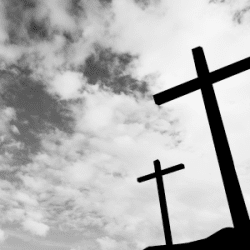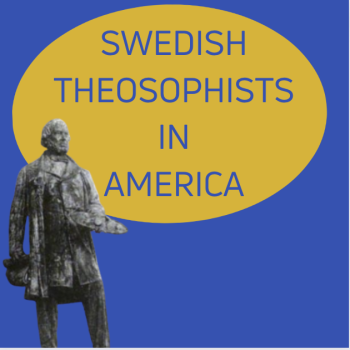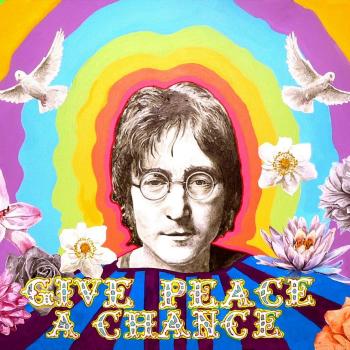Editors' Note: This article is part of the Patheos Public Square on Consumerism Gone Wild. Read other perspectives here.
As I continue to study Pope Francis's extraordinary encyclical, Laudato Si, I am often led to wonder, "What changes are we, as wealthy Americans, willing to make?" Pope Francis calls for a radical transformation of our patterns of production and consumption, particularly in the global North. Each one of us has a moral responsibility to live more simply. If we are to "hear the cry of the poor, and the cry of the earth," we must dramatically reduce our consumption and our waste.
Sure, most of us might think to ourselves, I can recycle. I can turn off the lights. I can take shorter showers. But while these kinds of small actions are very important, they do not require a real change in lifestyle.
If we are to truly embrace an "ecological conversion," as Francis has asked us to do, we have to examine our lifestyle — everything that we buy or use on a regular basis must come into question. I need to ask myself every day, "Will consuming this product truly bring me happiness? Do I really need it in order have a happy and healthy life?"
If we look at our patterns of consumption in the United States, our over-consumption of one product in particular becomes especially troubling. Meat consumption in the United States has doubled in the past fifty years. Americans eat more meat per person than any other nation in the world, consuming three times the global average. Most of us already know that our over-consumption of meat puts us at high risk for heart disease, Type 2 diabetes, cancer, and early death. In the case of meat, our consumption patterns are literally killing us.
But the raising and slaughtering of nine billion land animals per year in the United States is also killing our planet. As you would imagine, the billions of animals we raise in the U.S. each year produce enormous amounts of waste. The run-off from animal agriculture, containing vast amounts of nitrates, pollutes our rivers and streams, and has contributed to the growth of one of the largest dead zones in the world in the Gulf of Mexico.
Animal agriculture also produces a large amount of powerful greenhouse gases. The United Nations' report, Livestock's Long Shadow, revealed that animal agriculture produces more greenhouse gases per year than all the cars on the road in the world. At the same time, animal agriculture is one of the primary causes of deforestation.
Raising animals for food is also incredibly resource intensive. Producing a single pound of beef requires between 1,600 and 2,500 gallons of water. In North America, 60 percent of the arable land is used to produce crops to feed animals and not humans. These are startling facts when we consider how many people go without clean water or nutritious food.
Sadly, animal agriculture also causes immense suffering for animals, 99 percent of whom are raised on cruel factory farms. Chickens, as just one example, have their beaks and toes cut off, and are confined to cages so small they will never spread their wings. A chicken on a factory farm will never be able to exercise any of her normal behaviors. Pope Francis's encyclical reminds us to treat all animals with kindness. When we examine the treatment of animals raised for food in the United States, we realize we are complicit in immense and institutionalized cruelty.
Our over-consumption of animals in the United States must give us pause. If we care about our own health, about the sustainability of our environment, about the poor, and about animals, we must stop and examine our own lifestyle, including our food choices.
Eating more vegetarian meals has an immediate impact. Going vegetarian cuts your carbon footprint in half. Simply choosing a veggie burger instead of a hamburger saves enough water for six months of showers. The United Nations reports that going meatless not only reduces our environmental impact, but is also necessary if we are going to feed a growing global population.
By choosing to eat healthy vegetarian meals, we care for our own bodies and consume far fewer resources. When we leave meat off the menu, we find we do not need to eat animals in order to be happy or healthy. In fact, eating fewer animals may bring us greater health and happiness!
Changing what we eat can be difficult. Familiar foods are comfortable. Nevertheless, Pope Francis has asked us to reduce our consumption and live more simply. Are you willing?
11/18/2015 5:00:00 AM




